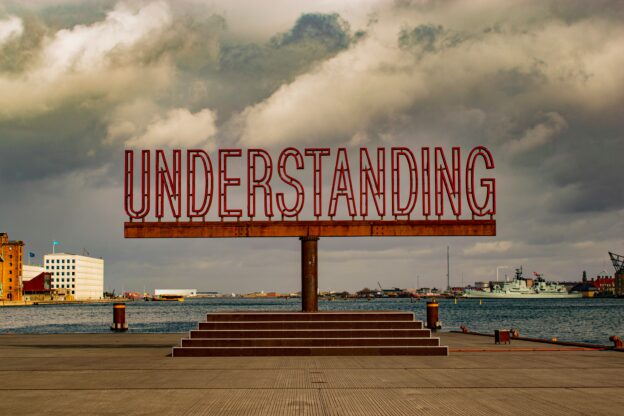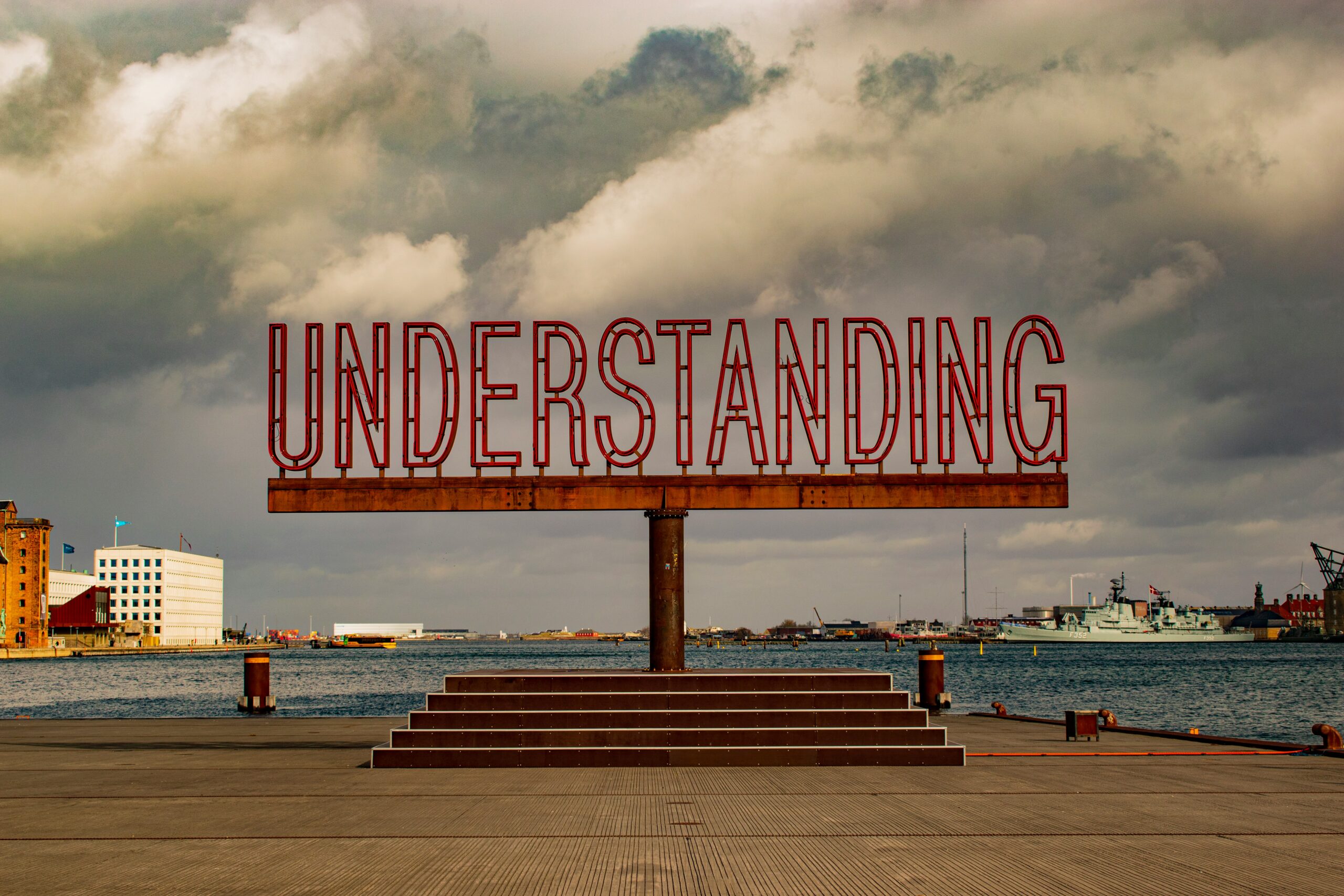This is part V of a five part article outlining a Wesleyan Anthropology arising from a Biblical Worldview. (Check out Part I, Part II, Part III, and Part IV) Originally an oral presentation for the Wesleyan Church, it has been revised and updated for a broader Wesleyan Methodist audience.
Our Wesleyan Anthropology, our story, should consist of:
Freedom from Addictions and Restoration of Families
People who are living witnesses of being set free from their addictions, of all kind. May families be released from the destruction of drugs and alcohol. May freedom from pornography help homes define the word “love” according to God’s holy lexicon.
Healing Marriages and Ending Divorce
May people witness Marriages restored. May Divorce stop being the “go-to” option, both in and outside the Church. May covenant-keeping relationships of all kinds be the norm. May children of all ages, who come from broken homes, discover what covenant-keeping looks like as people are made new in Christ. May our marriages become sacred signs that declare the glory and mystery of God’s faithfulness to us.
Honoring and Obeying God’s Word
May God’s word not merely be read but may it most profoundly be honored and obeyed; not out of necessity but out of our recognition that we are being cleansed (re-created) by His words of love.
Embracing Forgiveness and Reconciliation
We need forgiveness of all kinds to rule the day. Especially forgiveness of Jesus’ chief mandate; forgiveness of our enemies. Our highest call is not “forgiveness of sin” but of reconciliation to those who have hurt you. This is a “hard word” indeed. But refusal to do so is indistinguishable from intentional disobedience. Of course, we are not called to do this on our own. But by Him participating “in us” and with us dwelling within the Triune Community. Listen to John 15; “If you remain in me and my words remain in you, you may ask for anything you want, and it will be granted.” So, what are you asking Jesus to do in your life? Mere forgiveness or utter transformation and reconciliation with an enemy?
Modeling the True Gospel
Friends, we have this compelling story that must be modeled for others to witness. So many people want this story to be true. They long for this story to be true. But they see such poor representation of this in our churches, because we preach an “easy” Gospel. “What is the least I need to do.” May we cease preaching easy believe-ism and a gospel of cheap grace. Why not declare “the transformation of lives and the restoration of God’s Good creation.” It may sound “too good to be true.” But it is the embodiment of the Gospel of Jesus and the core of Paul’s teaching.
Offering the True Gospel
I hear from evangelical pastors these days that society has become so secular that the Church has been marginalized. We are silenced from speaking into our fractured culture; except during Sunday mornings. May I give you a theological term to describe this concept; baloney. Society has not placed us where we are. Our irreverence for God through our theological and practical Church decisions have “created” us to be irrelevant to society. We are sitting precisely where our less-than-robust theology has placed us. In most cases, we are offering nothing that people cannot find anywhere else with secular social gatherings or a good mental health counselor. If “fire insurance from hell” is all our gospel ensures, I myself might wait to seek it until I really need it.
Living Like Jesus
For us today, one helpful biblical metric of faithfulness can come out of John 13-17. In this last great teaching of Jesus, He is training His disciples (and us) this reality, “Will you live ‘just like me’ in the absence of my physical presence?” Remember, Jesus has just made this counter-intuitive statement, “It is good that I go away because if I go away, I will send you another comforter. AND greater things than these you will do when I go to be with the Father!” To be clear, the disciples are all thinking to themselves, “No Jesus. You stay right here. You lead the revolt over Caesar and when You are victorious, you will sit on the re-established throne of David. We will pay You honor as King Jesus. No, Jesus says, “I get to define the meaning and substance of “good.” And His Good is the most compelling story of all time. He will lay His life down for His friends. He will free them (and us) from our slavery to sin. He will rise from the dead and then ascend to reign with the Father on the throne in heaven. And in the absence of His physical presence on earth, His Gospel says, “We will do greater things than Him.” He NEEDS us to complete the story in His absence. Listen now to the closing of this story in John’s Gospel. Please, I urge you to allow Jesus and only Jesus to define what is “good.”
Being Good Stewards
John 21.
- Simon, son of John, “Do you love me?”
- Yes Lord. You know that I love you. You know all things.
- Feed my lambs. Tend my sheep. Feed my sheep.
If I was telling this story, I would have made it about reciprocal love. I love God and He loves me back. And the story would then end in a holy group-hug. But the Gospel story does not climax “my way.” Listen, I love God and He trusts me with His wayward children. He trusts us to care for His sheep in the same manner that He does. (See John 10) He fully trusts us to draw them into the Jesus story with an incarnational reality; “Christ in me, the Hope of Glory (Col 1:27).
God’s Trust in Us
Did I say it enough times to make the point? God TRUSTS you and me to be “carriers of the Gospel of Christ.” God TRUSTS humanity with housing the Holy Spirit (acting like temples) and then reflecting the Image of His Son to a broken and deeply divided world.
For me, I have skepticism about the way Jesus chooses to bring the Kingdom into reality here on earth. We all know that Jesus can and does perform signs and wonders. That would be my method of choice. Jesus, you do what only you can do. People will be impressed with Your power and will be drawn to it and we will passively watch in the background.
Yet, often, God chooses to reveal His power and His glory embodied within people just like you and me. Yes, the natural way, even supernatural way for God to reveal Himself to people is stated by the second century theologian Irenaeus. He words it this way, “The glory of God is man made fully alive.”
This is the Wesleyan story of the world. We are not principally offering people “heaven when they die.” Rather, first, we are offering them forgiveness of sin and its resulting shame. Next, Christ is offering freedom from the power of sin. This Spirit-filled life means we have the power “not to sin.” And this should become a “normal Christian life.” Not just for those whom we call “saints,” but for everyone. The story gets even better. Original sin which laid siege to our mortal bodies is stamped out beneath the crushing heal of the Son of God. In the end, our dys-functional relationships with God and with others can be gloriously restored as John puts so aptly; “My prayer is not for them alone. I pray also for those who will believe in me through their message (that’s you and me), that all of them may be one, Father, just as you are in me and I am in you. May they also be in us so that the world may believe that you have sent me.
This is the Wesleyan story. The “Imago ME” can once again be re-fashioned/re-created into the “Imago Dei.”
Drawing Lessons from The Hobbit and the Lord of the Ring
The BEST book I have read this year gives us a good picture for us here. It’s not really one but four; The Hobbit and the Lord of the Rings trilogy.
Now, if you have only seen the movies, you will not be able to relate to any of this. And may I offer a spoiler-alert to those who have not read the books? (skip ahead three paragraphs for any still tarrying on enjoying this classic)
In the Return of the King, the ring is cast into the fires of Mordor by Frodo and Sam on page 270. There is still 30% of the book to go. Hollywood portrayed Smeagol/Gullum biting the ring off the finger of Frodo and falling into the fires of Mt Doom grasping the ring as the climax. But from a literary perspective, you cannot have a climax in the middle of the story!
In fact, Tolkien paints a whole different story-world. All the sacrificial efforts of the characters in the trilogy thus far merely serve as the preparation of the story. The realization of the narrative unfolds with what Frodo, Sam, Merry, and Pippin will do when they return home to the Shire and experience the evil that Saruman and his minion Wormtongue have inflicted upon the Shire. At Mount Doom, the power of the ring has been destroyed. But it is still personified in Saruman and all those who follow his abusive power. In the end, the climax of this story is the destruction of evil right where the Hobbits live and move and have their being, in the everyday affairs of life
in the Shire.
Engaging with Contemporary Issues
Now, churches today find themselves embroiled in many conversations, dialogues, and fights on matters deeply important for our time (immigration, war, LGBTQIA+, etc.). Yes, developing white papers on how we might dialogue with folks that have experienced gender dysphoria can be a gift to the Church. Even how we express love and grace to people whom we see in an adversarial role to our home church. However, our role should never be so myopic that we diminish it to forming our “right position” as it stands against the other stories of culture. That would make us apologists not anthropologists. We could easily see ourselves missionally as writing pithy statements to win arguments…and miss the mark of us welcoming the Holy Spirit to guide our thoughts and love, so that in the end, ultimately, we win our personal battle against self-righteousness. May we long for nothing less than what will make the other people flourish and be wonderfully drawn into the holy community called the Church, with Christ as our head. Our thrust must be to preach and live the whole Gospel as detailed above. Otherwise, we have nothing to offer except opposing arguments which increase the height of the wall between us or the vastness of the chasm which separates us.
The Challenge of Unity and Holiness
NT Wright says that the hardest part of the Gospel to integrate is Unity and Holiness. Unity without scriptural holiness is the ever-shrinking progressive church of today, running wild. Holiness without unity is the exclusive church of legalistic heritage often seen throughout history; rules without love and grace.
The hope of our holiness tradition is that Christ Himself NEEDS us to be Gospel carriers. Since He now reigns from heaven, His Holy Spirit would relish the opportunity to make His home in your heart and use you as a contagion to share the experience of heart holiness with a world looking in every direction for answers; except the Church and Jesus. More profoundly, not only does Jesus NEED you, but according to John 21, He TRUSTS you and me to be emissaries throughout the world. This begins in the very community in which you live, work, and worship. May your Shire become a holy habitation for a world that desperately wants our story to be true. AND IT IS.























